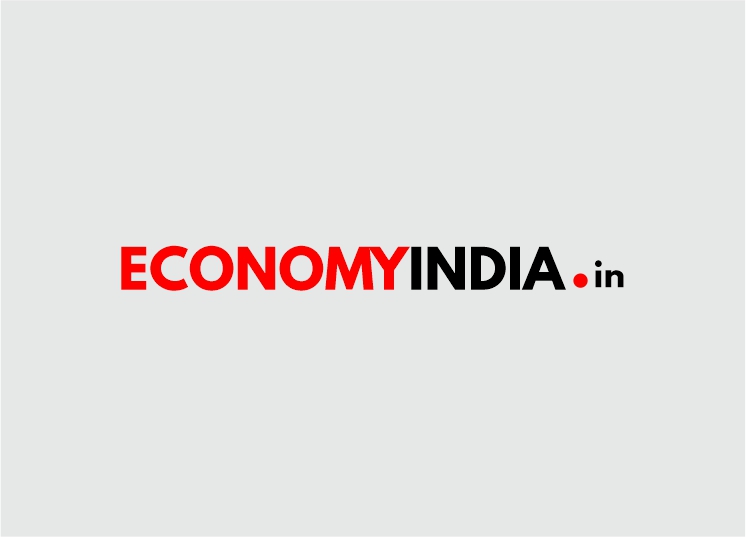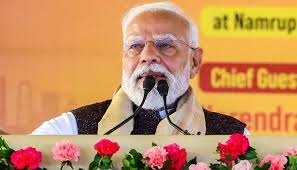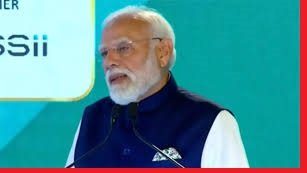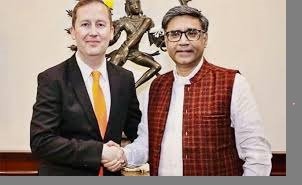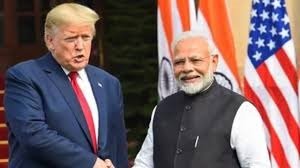MUMBAI: According to a report in Live Mint, Despite being adequately capitalized at present, banks will need additional capital of $70 billion ( ₹5.3 trillion) to support India’s ambition to become a $5 trillion economy, SBI chairman Dinesh Khara said on Wednesday.
“To really support this kind of activity, there is a need for significantly ramping up the capital of the banking system. As of now banks are very well-capitalized; but seen in the context of a $5 trillion economy, my assessment is that additional capital worth $70 billion would be required for the banking system as a whole,” Khara said at Fibac 2021, a conference hosted by industry body Ficci and the Indian Banks’ Association (IBA), the report said.
Economic Activities
Khara said banks should continue to stay as attractive as they have in the recent past for investors and should also be in a position to raise additional tier-I (AT1) capital at a fairly reasonable cost.
Given the nudge by the Reserve Bank of India (RBI) and the Centre, PSU banks are no longer entirely reliant on government capital infusion. As RBI governor Shaktikanta Das pointed out on 16 November, banks have been prudent in raising capital, and the profitability metrics of several banks are at their highest levels in several years.
Khara on Wednesday said the corporate credit scene is undergoing significant changes. Over the last two years, corporates have deleveraged to the extent of almost ₹2 trillion, because many of them were able to tap the markets for funds. However, he sees room for credit opportunities despite the change in preference.
“Bank credit to gross domestic product (GDP) ratio is at about 56% and if we look at the credit and market debt to GDP, it is about 90%. If you look at some of the developed markets such as the US, it would be as high as 200% of the GDP ratio. So, I am trying to draw your attention to the fact that there is a huge scope for further raising of debt by corporates to support their economic activities,” the report said.
India’s Largest Bank
He added that while banks have a responsibility to fund infrastructure and it does bear the execution risk, the presence of “takeout financing” needs to be popularized for such investments to thrive. Takeout financing is a route of refinance where new lenders take over project loans of existing lenders, stretching the loan’s repayment over a longer period.
Takeout financing, he said, needs to be popularized not just through national infrastructure banks but also through market mechanisms such as alternative investment funds (AIFs) and infrastructure investment trusts (InvITs).
“The way InvITs are coming in is the way forward for raising capital on supporting infrastructure-related ambitions of the economy,” the report said.
On the co-lending model, Khara said that even SBI, India’s largest bank, needs to partner with non-bank lenders for last-mile reach. Its recent move to partner Adani Capital for co-lending to farmers faced criticism, with experts asking why such a large bank needed the help of an NBFC to reach these borrowers.
“Very often it is talked about that we at SBI have 65% of our branches in rural and semi-urban spaces, and why do we still need co-lending partners. I think we still do need them. The reason is that the last-mile connect is present with these partners operating in a particular geography or a niche area where they have adequate information about borrowers,” the report said.

